Especially as we come together with friends and family during the holidays, we can find ourselves so easily divided by differences.
But we can overcome our differences by focusing on what we have in common and loving our neighbors the way Jesus showed us, both here and across the globe.
This Thanksgiving, Rich Stearns encourages us to pray for those — like refugees — who don’t have the homes, food, and family we celebrate today.
When Reneé and I get all our grown children and their spouses and children around the table for Thanksgiving, which isn’t often, it gets a little complicated. We’ve got five carnivores, three vegetarians, three vegans, one gluten-free eater, and a child with a peanut allergy. So some people can’t eat the turkey. Others take a pass on the stuffing and rolls. If we hold the butter in the mashed potatoes and banish the slivered almonds from the salad, most everyone can eat those, but there’s no way to alter the pumpkin pie and still make it good. And somehow the inoffensive asparagus is universally ignored.
What can we do? It’s Thanksgiving. We make adjustments to accommodate everybody.
No doubt we’re all dealing with differences these days — and not just dietary ones. The presidential election this month was particularly divisive, intensifying race and gender issues as well as ideological stances on everything from guns and immigrants to trade and taxes. Lately, it has been difficult to talk even with close friends and colleagues about current events without stepping on a land mine of someone’s deeply held beliefs.
With the holidays upon us, we’ll have to work a little harder to get along despite differences. It’s best to focus on what unites us: family ties, faith … and if all else fails, football.
God calls his people to do more than bear each other’s differences behind a big, fake smile. “Be devoted to one another in brotherly love,” writes Paul in Romans 12. “Honor one another above yourselves. Never be lacking in zeal, but keep your spiritual fervor, serving the Lord. Be joyful in hope, patient in affliction, faithful in prayer. Share with God’s people who are in need. Practice hospitality” (verses 10-13). We serve God by extending love and generosity to others.
This can be a challenge even with family and friends. But we’re also called to apply this to God’s people in need around the world — extending generosity not just to those we love, but to people who need our love.
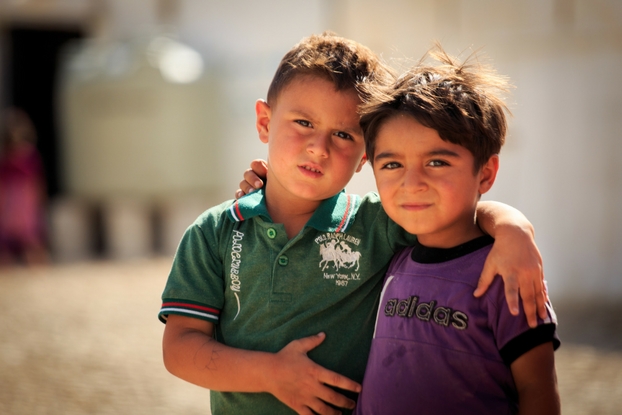
When I sit down to my Thanksgiving table, I won’t be able to avoid thinking of the Syrian refugees I’ve met in the Middle East. Many of them can’t gather with their entire family anymore, because tragically, some of their dearest loved ones are dead. Also, their one-room tents furnished with a few mats won’t accommodate more than a few people. And even if a gathering were possible, they would eat only a sparse, basic meal — nothing close to my holiday spread.
Are these people different than me? You bet. We don’t speak the same language, eat the same food, hold the same worldview, and in many cases, worship the same God. But here again we can focus on what unites us: We are all created in God’s image; we love our children and families; we hold cultural traditions dear.
The main difference that really matters today is that you and I live in plenty while they suffer in poverty.
What refugees need is a list right out of Matthew 25, in which Jesus says, “I was hungry … I was thirsty … I was a stranger … I needed clothes … I was sick … I was in prison” (Matthew 25:35-36). Right now, refugees are hungry, thirsty, poorly clothed, sick, virtual prisoners in their camps and settlements, and most of all, strangers in strange lands.
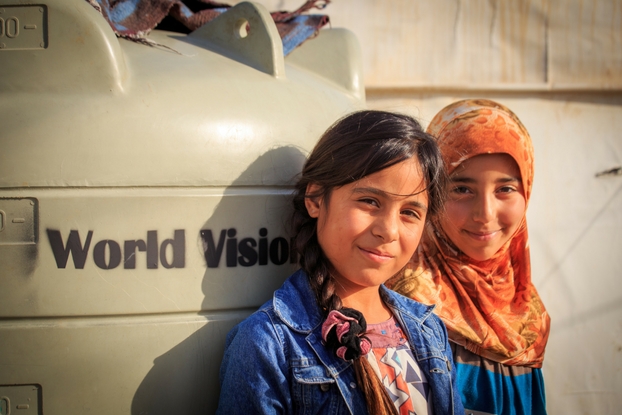
Jesus made an unequivocal statement about people in these circumstances: “Truly I tell you, whatever you did for the least of these brothers and sisters of mine, you did it to me” (Matthew 25:40). When we show mercy to the poor and oppressed, we do it for Jesus himself. And we demonstrate the powerful love of Jesus that casts out fear and draws in the lonely and the lost.
This Thanksgiving, let’s pray for refugee families during grace, lifting them up to God as we do absent friends. Then on Black Friday, let’s spend a little less and give more to help refugees in the Middle East, providing basics like food, clean water, health care, warm shelter for the winter — and most of all, the hope that someone cares.
God in his wisdom didn’t make us all the same. But our differences don’t matter as much to him as our efforts to overcome them. Certainly we can work as hard to bridge the gaps between us — locally and globally — as we do to put on a Thanksgiving dinner that accommodates everyone. And when we do, we exhibit the generous love that marks us as children of God.
Give today to help refugees in the Middle East, providing basics like food, clean water, healthcare, warm shelter for the winter — and most of all, the hope that someone cares. Donate to our refugee response here.
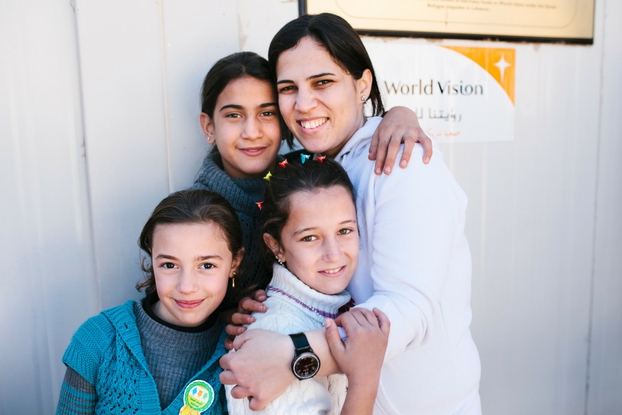
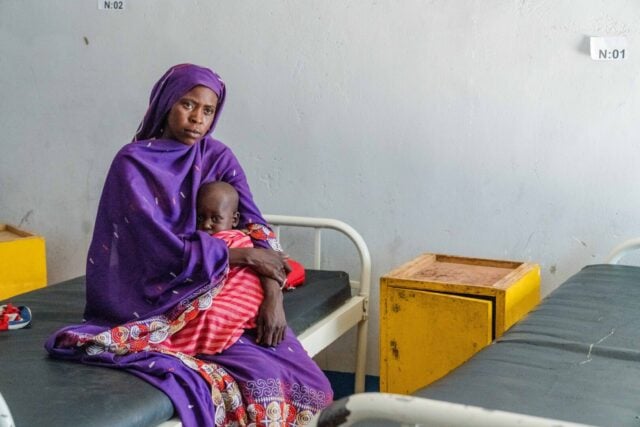
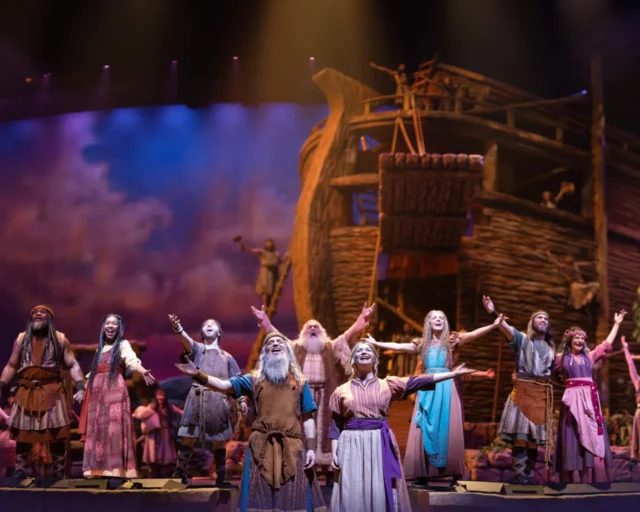

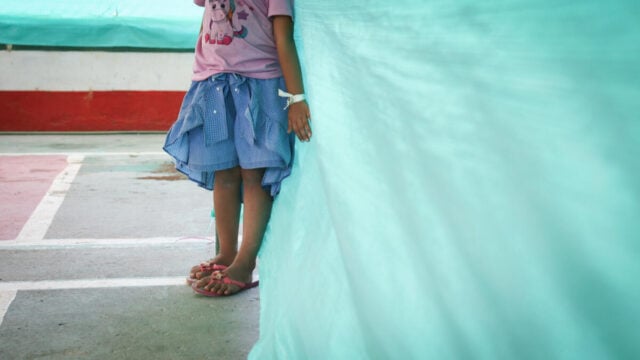
Comments